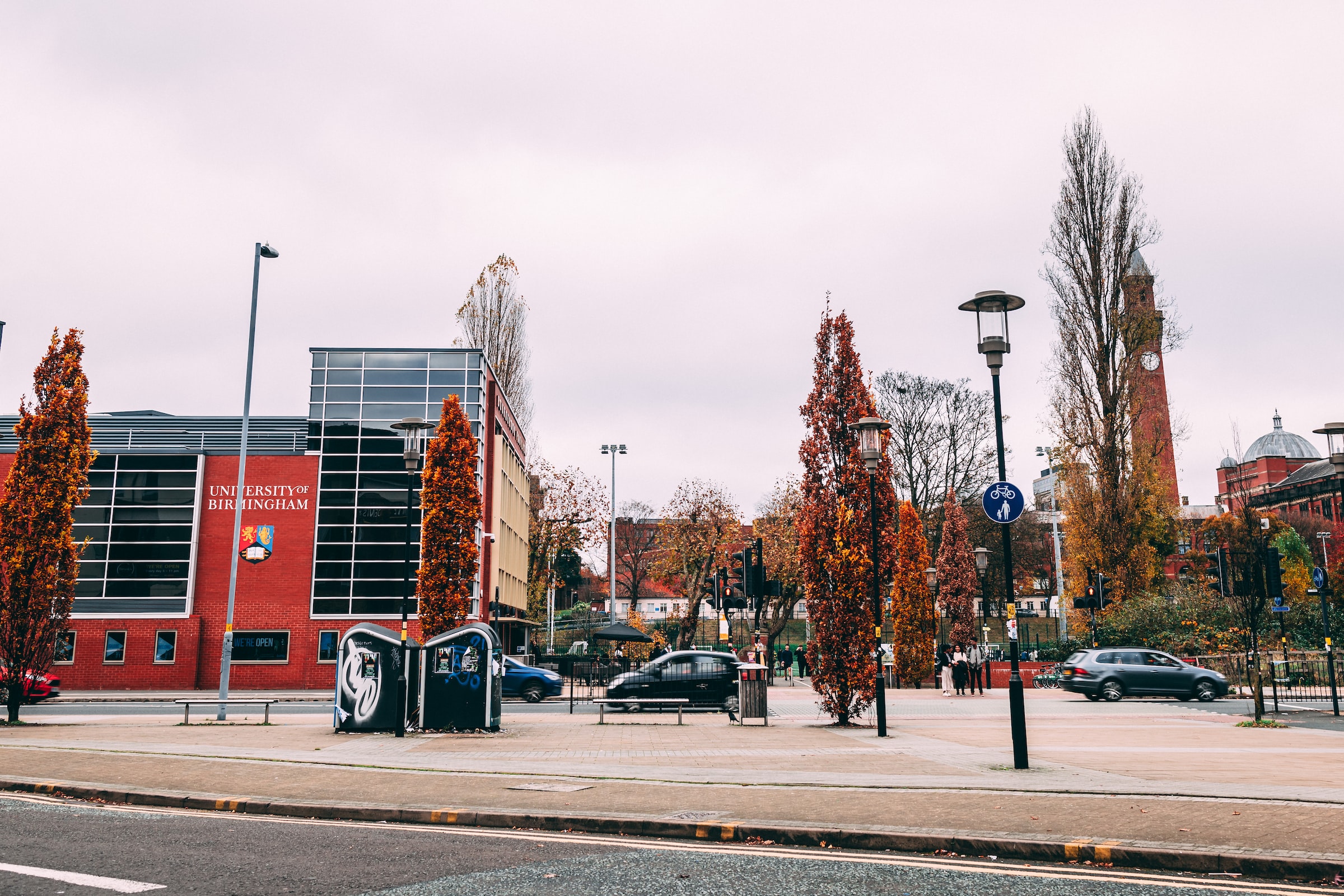
Comment Writer Eleanor Bergin discusses the importance of ‘Caroline’s Law’, arguing that the government should have been called upon to protect celebrities from the media a long time ago
Over the past month, there has been an outburst of criticism of the treatment of celebrities in the media as a result of Caroline Flack’s death. The tragedy has brought to light these issues arguably more than ever before, urging everyone to empathise with others and ultimately be kinder. Flack’s suicide sparked the online petition Caroline’s Law, which proposes ‘a law that would make it a criminal offence, not dissimilar to Corporate Manslaughter, for the British Media to knowingly and relentlessly bully a person, whether they be in the public eye or not, up to the point that they take their own life.’ Now, with over 850,000 signatures in under a month, the petition has been delivered to the government. But why has the government only just been called upon now?
With the growth of social media over the past decade, both the frequency and impact of online harassment has become clearer, but it has taken something as shocking as Caroline Flack’s death to finally demand the government’s involvement. In the world of Twitter and Facebook, where users can hide behind a keyboard and spout abuse at whoever they wish, it has been made easy for negative comments to infiltrate social media without any real repercussions. People have become desensitized to harassment online, with abusive comments sadly becoming the norm
Many celebrities have spoken up about the dangers of social media and the deaths of Love Island stars Sophie Gordon in 2018 and Mike Thalassitis in 2019 exemplified the harsh effects of the words of others. Although this sparked discussion at the time, they were sadly only warning signs to the further catastrophes to follow, rather than being an alert to the government at the time to ensure a stop is put to online bullying. It should be said that it isn’t solely celebrities who are open to the abuse but also ordinary people, meaning that simply removing yourself from social media platforms to avoid the comments isn’t a solution. Perhaps with the government’s involvement, the abusers will be finally called out, rather than the victims having to surrender.
So, who are these so called ‘abusers’? Of course, there are individual users that are part of the problem, but the main underlying player is the media as a whole, in particular the Tabloids, which is exactly what Caroline’s Law is targeting. The Sun has been called out in recent years, with many choosing to ‘#boycottthesun’ due to its increasingly noticeable incompetence and hypocrisy. In placing Caroline Flack as a figure of public scrutiny and bombardment for clicks, following her assault charges, and then turning the tables by sympathising with her after her suicide shows their obsession for relevance and readership. Meghan Markle has also been a victim of the British press, often harassed as a means of writing for the masses. To put it simply, the tabloids put profits and numbers before the wellbeing of the person they are writing about, The tabloids put profits and numbers before the wellbeing of the person they are writing about
In the midst of the movements towards being kinder individuals, as parliament oversees the new law proposal, we may pessimistically ask ourselves, is this just a temporary concern or can actual progress be made? Something as shocking and heart-breaking as this should have a lasting impact on the way we use social media, but perhaps it’s unrealistic to imagine an idealised form of social media where negativity doesn’t exist. How long will it be before we continue to see hateful messages by the likes of Piers Morgan criticising anything that they see? How many lives will it take for the government to realise the issues that both people in and out of the public eye face every day on social media?
Ultimately, there must be concrete laws in place to present real consequences to online harassment and starting with diminishing negative British press may be the best solution to rid our social media feeds of hate and negativity.
Comments